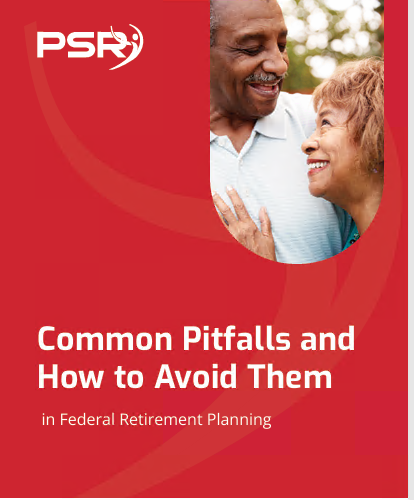Estate Plan
 Definition: A legally binding process where arrangement have been made to carry out your wishes if something happens to you or your loved ones. The Estate Plan will outline what is to happen to everything you have accumulated including your health care matters, so in the event you are unable to express your own desires, someone you have selected can do that for you.
Definition: A legally binding process where arrangement have been made to carry out your wishes if something happens to you or your loved ones. The Estate Plan will outline what is to happen to everything you have accumulated including your health care matters, so in the event you are unable to express your own desires, someone you have selected can do that for you.
Generally an estate plan should include the following:
• A Will sometimes called the “Last Will and Testament” (defines who will manage your estate).
- Also Read: Divorce and Your Federal Pension—What Happens When You Split Assets and How It Could Affect Your TSP
- Also Read: What Happens to Your Federal Benefits After Divorce? Here’s the Lowdown
- Also Read: The Best FEHB Plans for 2025: Which One Fits Your Lifestyle and Budget the Best?
• Advance Directive (health care directives, medical power of attorney, living wills and other personalized health care desires when you are unable to speak for yourself).
• Power of Attorney (delegated authority to legally handle your financial affairs if you become disabled or incapacitated).
The value of all property owned at the time of your death constitutes your ‘gross estate’. Your estate may include real estate, life insurance, business holdings, investment in stocks, bonds, mutual funds and other investments, personal bank accounts, IRAs, your 401K and other retirement accounts, automobiles, collectibles, artwork, jewelry, antiques and other personal property.
An Estate Plan is part of the planning process of transitioning into retirement. Some individuals start planning for their estate very early in life. It is never too early to plan, but most of us have accumulated more in the later years of our lives than at the beginning.
Whenever we start to put our Estate Planning in place, we do it because we care about protecting and providing for the ones we love after we are gone. The reality is that we cannot put an Estate Plan in place after we are dead, it must be done while we are alive. It is a part of planning for the inevitable. It is a part of taking care of the business of our lives from beginning to end.
NOTE: When you die, your estate can pass on to your surviving spouse without your spouse having to pay federal estate taxes. However, depending on the value of the estate, your surviving spouse’s estate may have to pay federal estate taxes on the assets upon the surviving spouse’s death.
P. S. Always Remember to Share What You Know.








